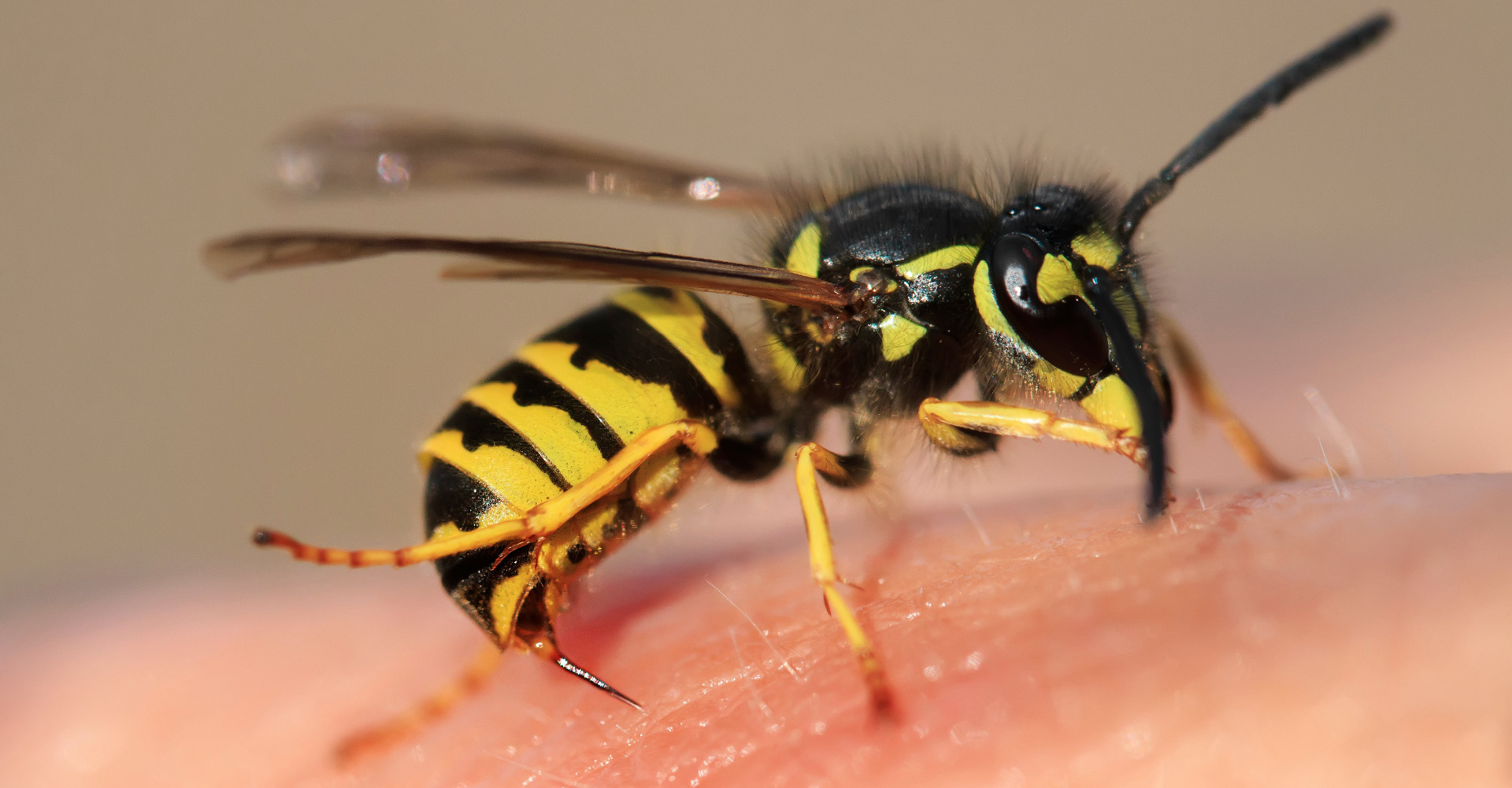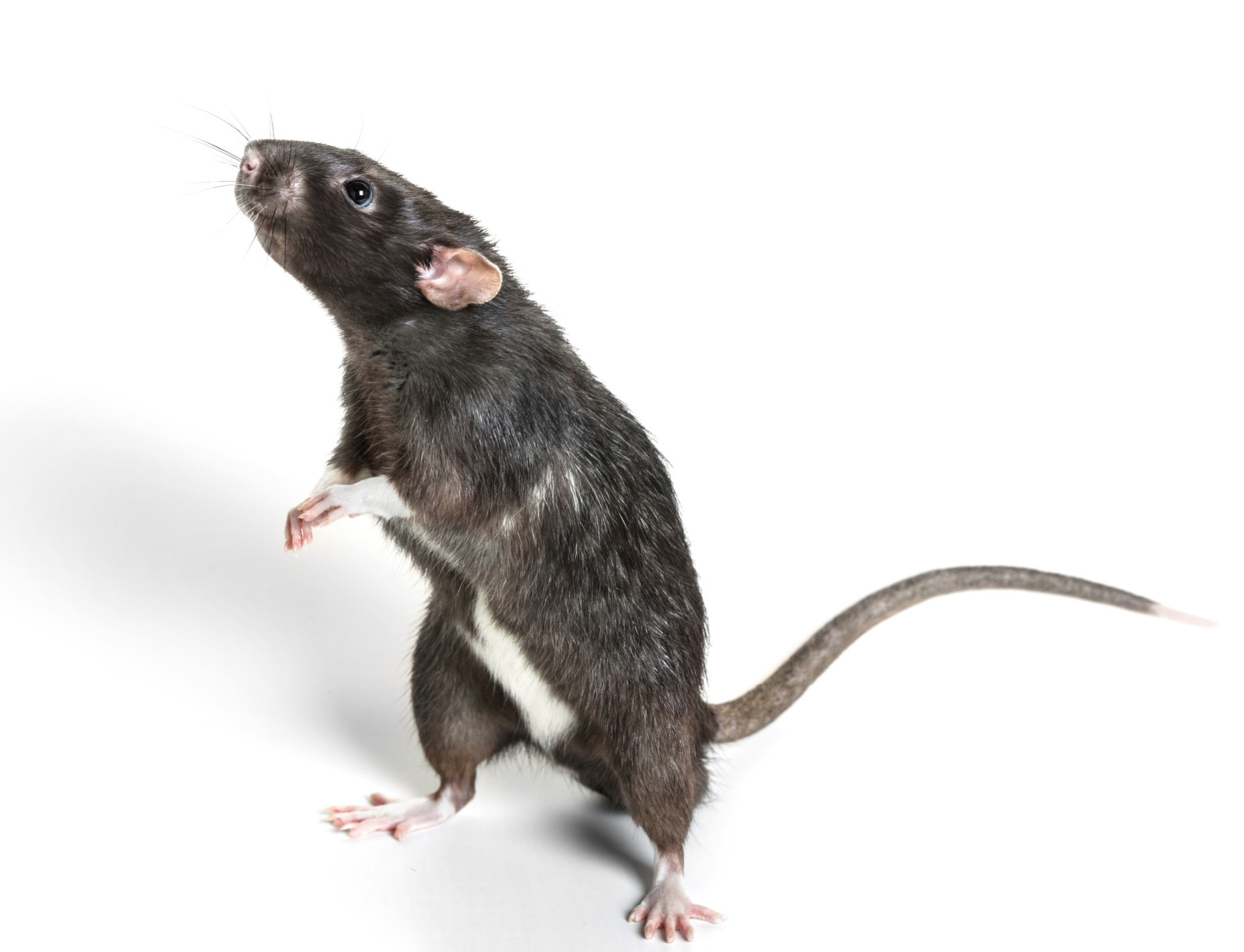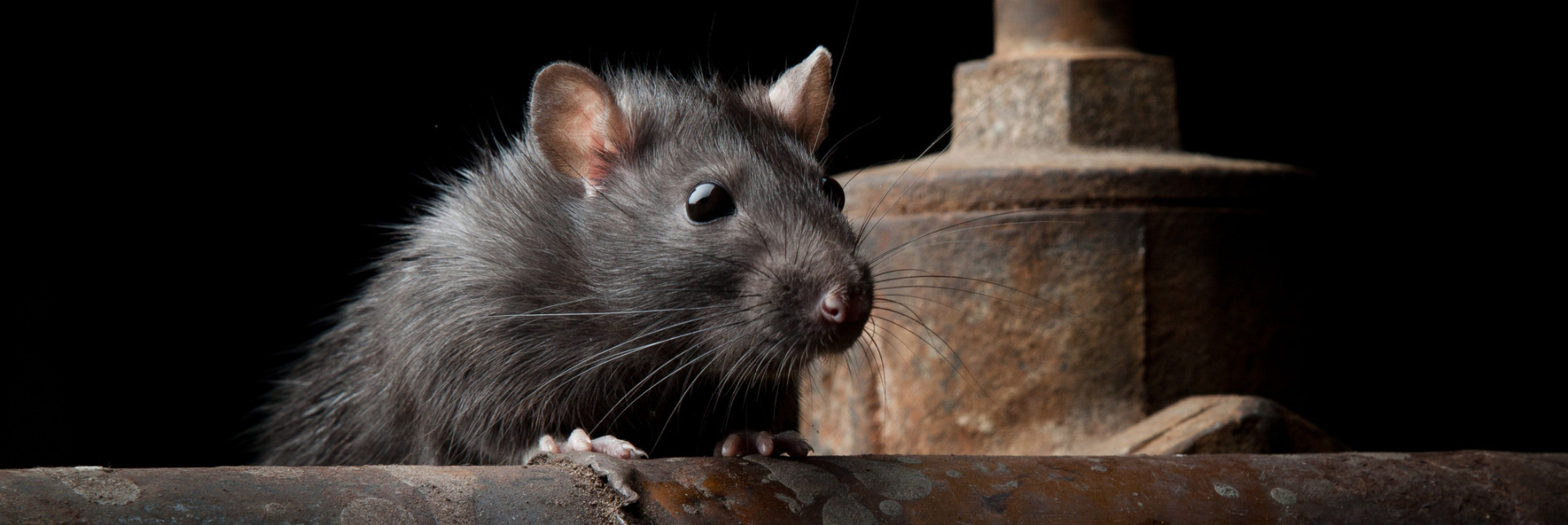When it comes to pest control there are 2 different methods that a pest controller can use to eradicate a rat, mouse or squirrel infestation: toxic and non-toxic. The toxic method is the use of poisons to kill off the rodents in or around a building, the toxic approach can sometimes be a quick solution but also comes with the most risk, these risks can be:
- Rats or mice dying within wall cavities and underneath floors. This can lead to maggots, flies and unpleasant smells as the rodent may be inaccessible. These smells and side effects can last a few weeks and create a nuisance for the home or business owner.
- Poisoned rodents can also die outside or within reach of other animals. This can risk poisoning a non-target animal, mainly birds of prey, foxes or even domestic pets. Any toxic treatment carried out by a pest control technician needs to be monitored regularly to look for carcases, especially if the treatment is external as the rodents need to be disposed of appropriately.









